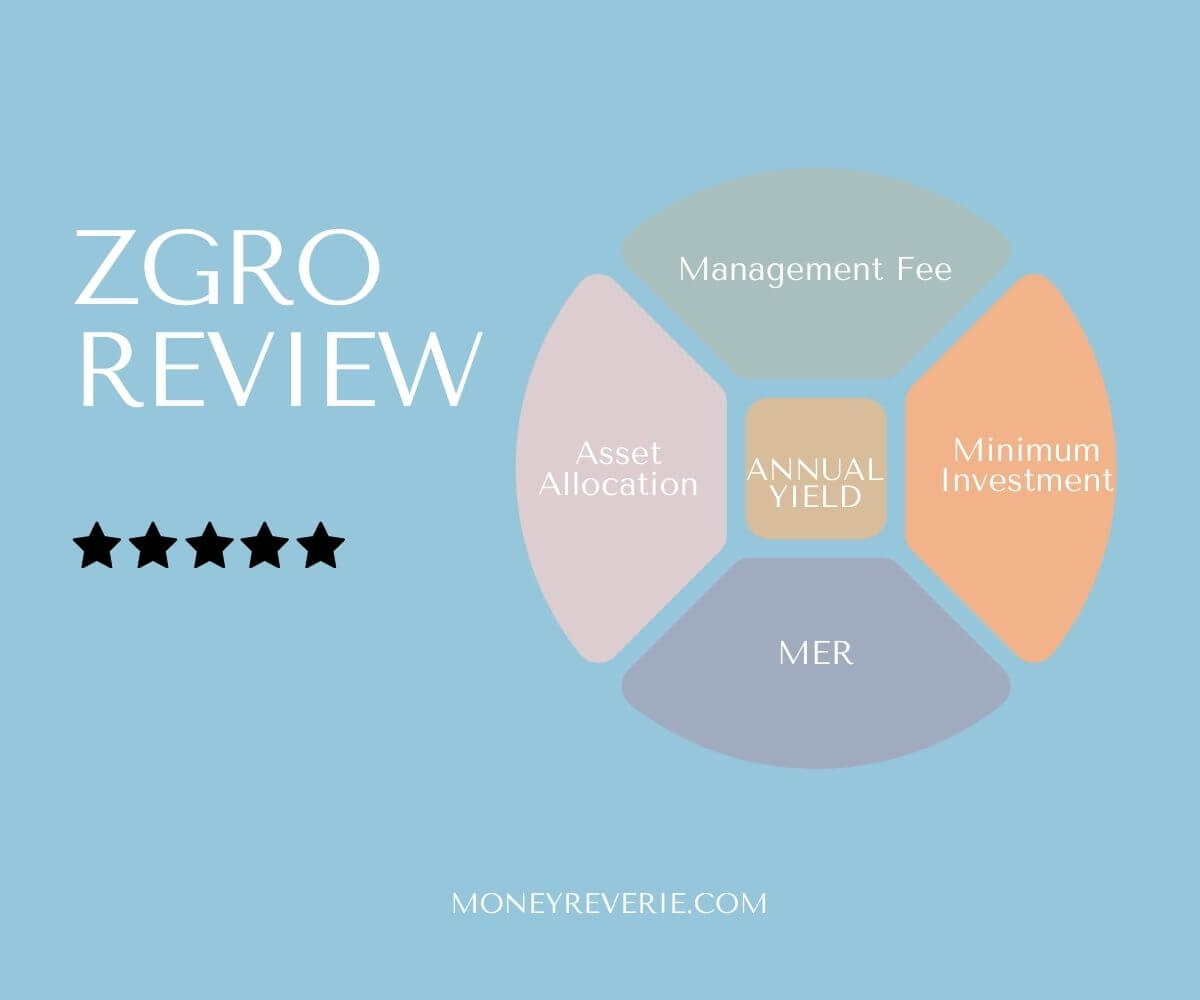If you’re looking to start a business in Ontario, one of the most important things you’ll need to do is register your business with the government. Whether you’re starting a small business or a large corporation, you must register your business to ensure legal compliance with the government of Ontario.
In this guide, I’ll provide a step-by-step guide on “how to register a business in Ontario” and an overview of the registration process, legal requirements, and tax obligations.
This article will guide and help you understand the steps you need to take to register your business and start operating legally in Ontario’s competitive business environment.
How to Register a Business in Ontario
Ontario is one of Canada’s most populous and prosperous provinces, with a vibrant business community and a strong economy. If you want to start a business in Ontario, you must follow the legal requirements for business registration in the province.
Registering a business name with the Government of Ontario is important to avoid unnecessary confusion and protect your identity as a business owner.
The business registration process in Ontario is simple. The Ontario government provides clear instructions on how to do it, and you can complete the process online.
But before you register your business, carefully consider the following:
- What do you propose to call your business
- A location for your main office
- Are you planning to expand into other provinces and territories
- Consider whether a corporation, partnership, sole proprietorship, or co-op will suit your needs
Let’s take you through a step-by-step guide on how to register a business in Ontario:
Step 1: Name Your Business
The first thing you’ll need to do is decide on a business name. You’ll need to state it when you register the business.
Before registering a business name, checking if another company already holds that name is important. Ontario prohibits more than one non-incorporated business from having the same name.
You can use Ontario’s Enhanced Business Name Search database to see if other businesses use your proposed name. You can only do the business search in person to get immediate results. Doing it by mail will take between four and six weeks.
You can also check for trademarks with the Canadian Intellectual Property Office (CIPO) or search the Nuans database. If your desired name is already taken, you must choose another one.
If your name is unique and you know that no other business has registered under it, you must register your business with the Ontario government.
Restrictions on Business Names
Every business needs a name, but not all names suit every business. The following restrictions should be considered when naming your business:
- You can’t use a name that suggests your business is connected to a Government department unless you have the Government’s permission. A name like “The Ontario Horse Lovers Association” would not be acceptable because it has no distinctive elements.
- Names cannot include profane language or objectionable words under federal or Ontario law.
- A business name that may mislead customers about the type of company. For example, putting “LLC” in the name of your sole proprietorship, for example.
- Without specific authorisation, the terms “college,” “institution,” and “university” are forbidden.
- When choosing a business name, you must ensure that no other business has registered the same or similar name. However, you can use the name of a dead person if that person has been dead for at least 30 years.
Step 2: Choose an Entity Type
There are three kinds of legal entities you can register as a business. Ontario’s three legal entities for business registration are sole proprietorship, partnership, and corporation.
- The sole proprietorship is the simplest business organisation owned by one person with complete control over its operations. It’s best for people who want to run their businesses with minimal legal obligations. With a sole proprietorship, you are entirely responsible for debts and liabilities.
- The General partnership is one in which two or more people have an equal stake in the business, but nothing like a joint venture agreement. On the other hand, a limited partnership is similar to a general one, except that it has specific rules, such as how many partners can share the profits. Partnerships are more flexible than sole proprietorships, as partners can take on more responsibility and liability.
- The Corporation is different from a sole proprietorship and a general partnership because it’s owned by shareholders (who can be individuals or other legal entities). The shareholders vote on specific issues, such as hiring and firing employees, but usually don’t have any actual control over the business.
Related: How to Incorporate a Business in Ontario: A Step-By-Step Guide (2024)
Step 3: Register Your Business
After choosing your business name and legal structure, you can register your business with the government. Registering your business is usually straightforward, and once complete, your business will receive a business number from the Canada Revenue Agency.
To register your business, you must provide the following:
- Your business name
- Business address
- Principle place of business
- Type of activities the business conducts
- Owner’s or partners’ names and addresses
- The person authorising the registration
During the application process, you will have to answer a few questions:
- Will you have employees or hire contractors?
- Do you need Employer Health Tax?
When registering a business in Ontario, you have three options. You can do it online, by mail, or in person.
1. Registering Your Business Online
You can register your business online In just a few minutes. You will need a credit card (Visa or MasterCard) and an email address for the transaction.
You can use the Integrated Business Services Application to register online from 8:30 am to 5 pm, and you will get a temporary Master Business License immediately.
2. Registering Your Business by Mail
You can register by mail by completing Form 1. Fill out the form and send it along with an $80 cheque or money order payable to the “Minister of Finance.”
To submit your completed forms and payment, please mail them to:
Ministry of Government and Consumer Services
Central Production and Verification Services Branch
393 University Avenue, Suite 200
Toronto, ON M5G 2M2
You will receive your Master Business License within 6 – 8 weeks.
3. Registering Your Business in Person
You can register your business or search for business names on regular business days from 8:30 am to 5 pm at the following address:
Ministry of Government and Consumer Services
Central Production and Verification Services Branch
393 University Avenue, Suite 200
Toronto, ON M5G 2M2
If you wish to make an in-person payment, you can use cash, a check, a MasterCard, or a Visa. The delivery of your Master Business License will take roughly 20 days.
Do I Need To Register My Business in Ontario?
If you want to start a business in Ontario, you must register your business with the government of Ontario. However, you may not need to register your business if you operate as a single individual under your name.
Also, if you previously registered your business but your business name has expired, you must register again.
If you do not register your business or register with incorrect or false information, you could be fined up to $2000.
How Much Does It Cost to Register a Business in Ontario?
How much you could pay to register your business in Ontario depends on whether you do the online or offline process.
If you choose to register online, you will be charged $60. However, if you register your business in person or by mail, it’s $80.
The business name search using Ontario’s Enhanced Business Name Search business registry costs between $8 to $26, depending on the search report.
Related: How To Register and Open A CRA My Account in 2024
Final Thoughts on How to Register a Business in Ontario
Registering a business in Ontario is a straightforward process.
Following the steps outlined in this guide, you can register your business in Ontario and fulfil all the legal and tax obligations required by the province.
Seeking legal and professional advice is essential to help you choose the best structure before registering your business.
If you need help or have questions about registering your business in Ontario, call ServiceOntario at 416-314-9151 in Toronto or Toll-Free at 1-800-565-1921.
FAQs on How to Register a Business in Ontario
Can I start an online business without registering?
As a sole proprietor, you may operate legally without registering the company.
However, to use a business name, you must first register it with your local and provincial authority and the Business Names Act as an official business entity.
Do I need to register my small business in Ontario?
You must register your business name with the Ontario government within 60 days of opening.
You are exempt from this requirement by using your name for the business. However, adding another word requires registering the name.
What happens if you don’t register your business?
You can only open a business account with a bank if you register your business. Furthermore, non-registered businesses have meagre chances of attracting investors.
Do I need to register my business before I start?
If you want your business to be legally recognised, it is necessary when working with things like insurance.
Remember that you must register as an employer before you can hire people. However, you can only do this if registered as a business.









